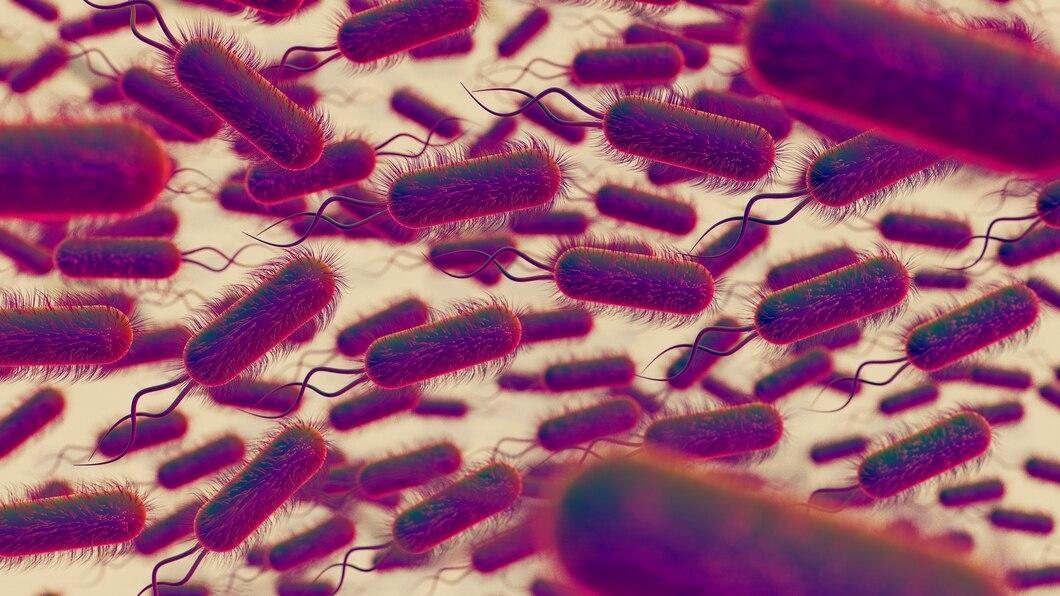Burundi’s Ministry of Health declared a cholera outbreak on Wednesday, 6th September 2023, with 15 cases reported in the western part of the country, an area prone to water shortages.
Polycarpe Ndayizeye, spokesperson for the Ministry of Public Health and AIDS Control, confirmed that cholera patients had been admitted to hospitals and treatment centers in the municipality of Bujumbura. He called on authorities, residents of affected areas such as Bujumbura, Gatumba, and Rugombo, and all stakeholders to collaborate in combating the outbreak. Residents, especially those in impacted districts, were urged to strictly adhere to hygiene practices to help contain the disease.
Earlier this year, cholera claimed two lives in Bujumbura’s health district, notably at Kajaga beach on Lake Tanganyika. Water shortages, particularly during the dry season from May to September, exacerbate the risk of cholera outbreaks in Burundi’s western region.
Causative agent
Cholera is caused by the bacterium Vibrio cholerae. It produces a toxin that targets the intestines, leading to severe watery diarrhea and dehydration. According to the World Health Organization (WHO) and the Centers for Disease Control and Prevention (CDC), not all strains of V. cholerae cause illness; only specific toxin-producing strains are responsible for cholera outbreaks.
How cholera spreads
Cholera spreads through the consumption of contaminated food or water, particularly in areas with inadequate sanitation or limited access to clean water. The bacterium thrives in environments where drinking water, food, or sanitation is compromised, often after natural disasters or in densely populated areas.
Symptoms
Symptoms of cholera typically manifest within 2-5 days after exposure and include:
Profuse watery diarrhea (often described as “rice-water stools”)
Vomiting
Rapid dehydration
Muscle cramps
Severe thirst
If untreated, cholera can lead to shock and even death within hours due to the rapid loss of fluids.
Preventive measures
Preventing cholera requires addressing the core issues of water and sanitation. The WHO, Africa CDC, and US CDC recommend the following preventive actions:
Ensuring access to safe drinking water by boiling, treating with chlorine, or using bottled water
Proper disposal of human waste
Regular handwashing with soap, especially before eating and after using the bathroom
Safe food handling, including thoroughly cooking food and washing fruits and vegetables
Vaccination in high-risk areas, although vaccines alone are not a substitute for proper hygiene and sanitation practices
What to do if you get cholera
Immediate rehydration is crucial in treating cholera. The WHO recommends:
Drinking Oral Rehydration Salts (ORS) solution to replace lost fluids and electrolytes
Seeking medical care immediately if severe symptoms like frequent vomiting or extreme diarrhea occur
In severe cases, intravenous (IV) fluids may be necessary if oral hydration is insufficient
Treatment
Cholera treatment primarily focuses on rehydration. Antibiotics can also be prescribed in more severe cases to shorten the duration of the illness and reduce the volume of diarrhea. Zinc supplements are also recommended for children to aid recovery. Access to adequate treatment dramatically reduces cholera’s mortality rate to less than 1%, according to the WHO.
Regional impact
Burundi is not alone in facing cholera outbreaks. A recent update from the WHO African Region, as of August, 2023 reported cholera cases across 15 countries. Among the latest outbreaks, six countries—Burundi, Cameroon, Kenya, Mozambique, Uganda, and Zimbabwe—account for over 200 new cases. While the overall trend in the region is declining, WHO and other public health authorities urge countries to bolster surveillance, readiness, and community-based prevention measures, especially around border crossings to limit cross-border infections.
Read more here: Cholera in the WHO African Region
https://iris.who.int/bitstream/handle/10665/373305/AFRO-Cholerabulletin30.pdf

